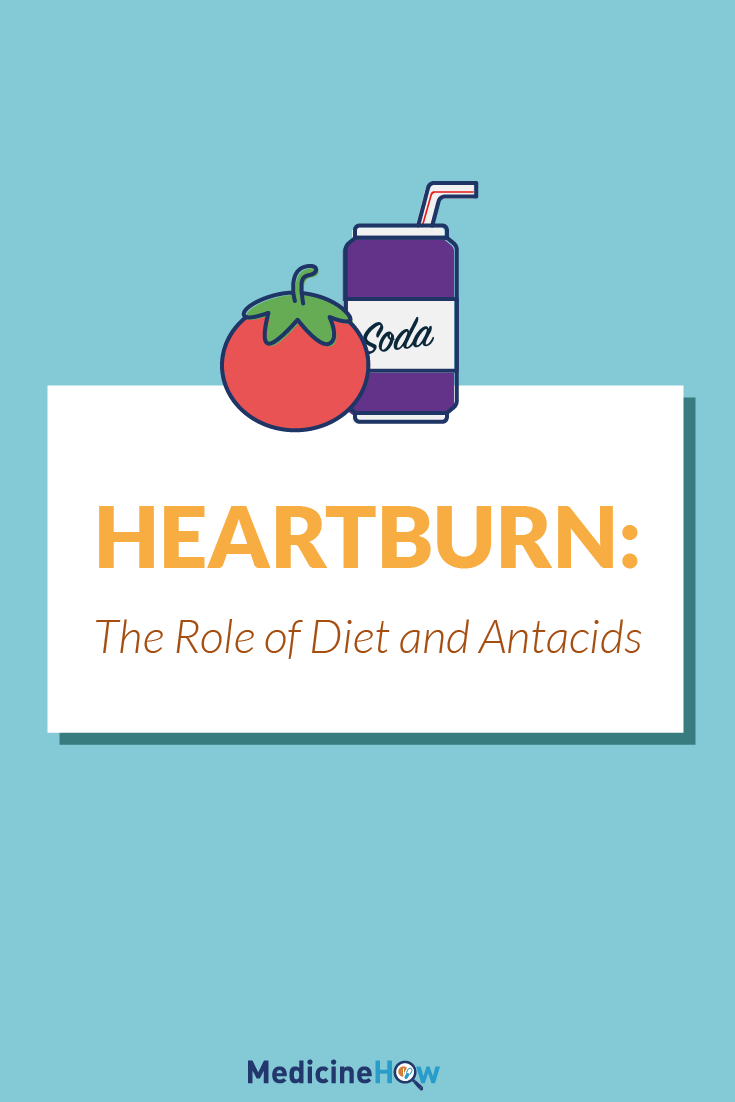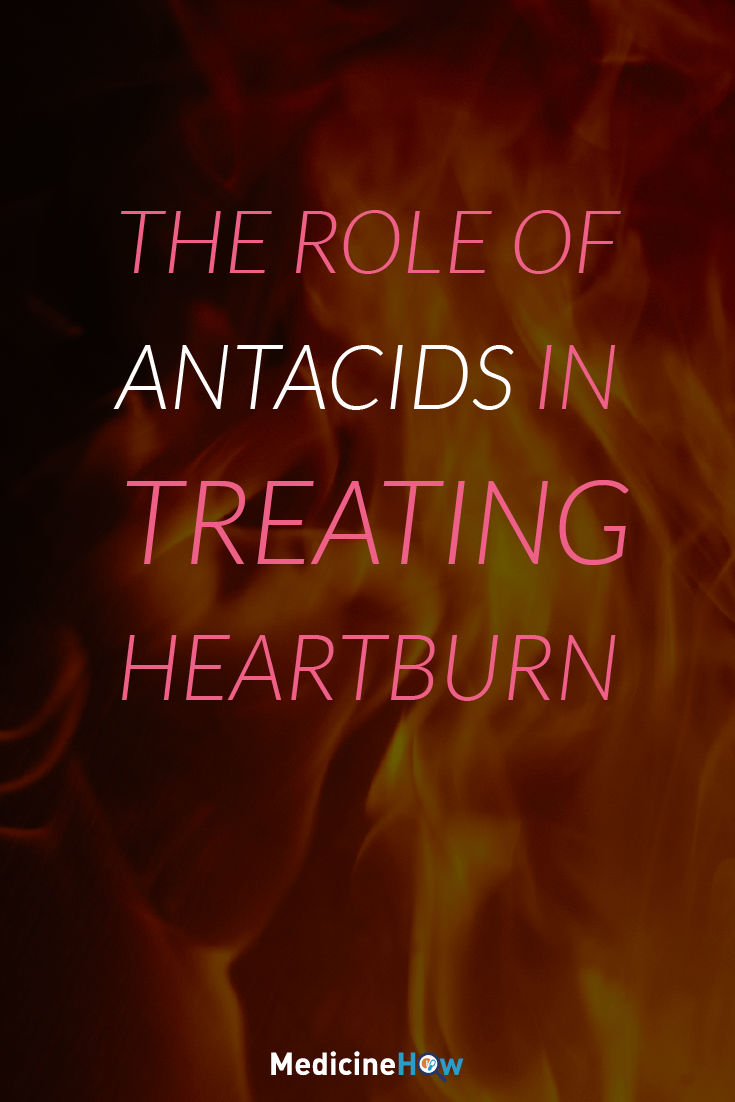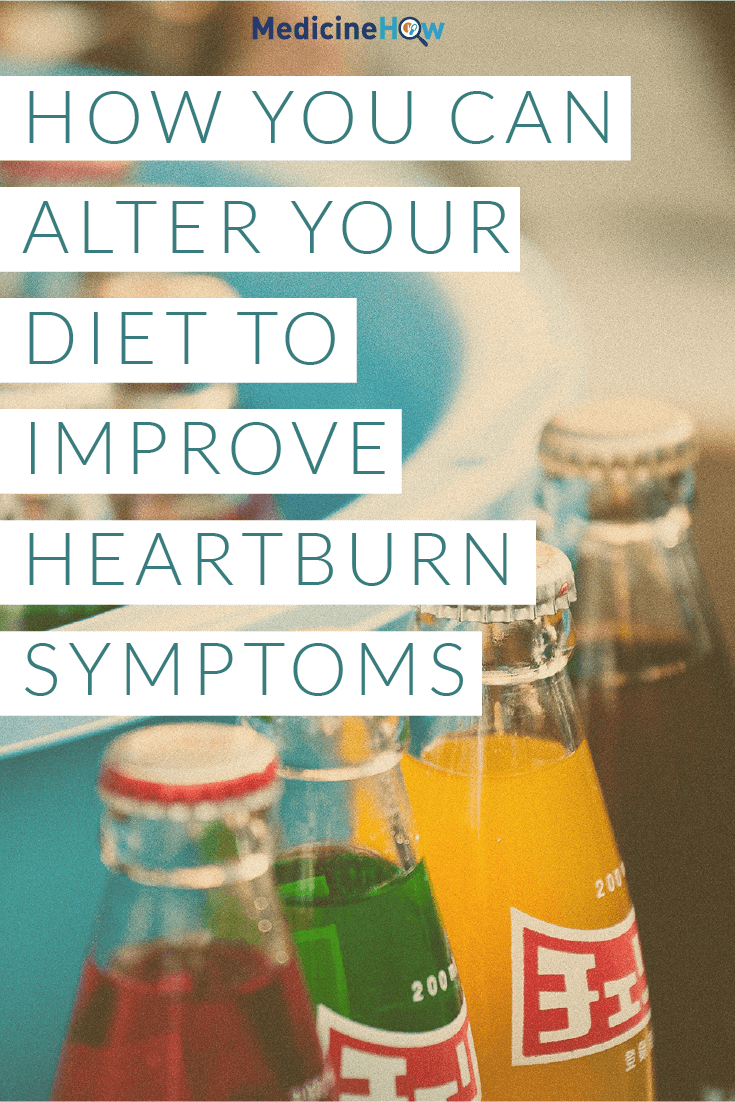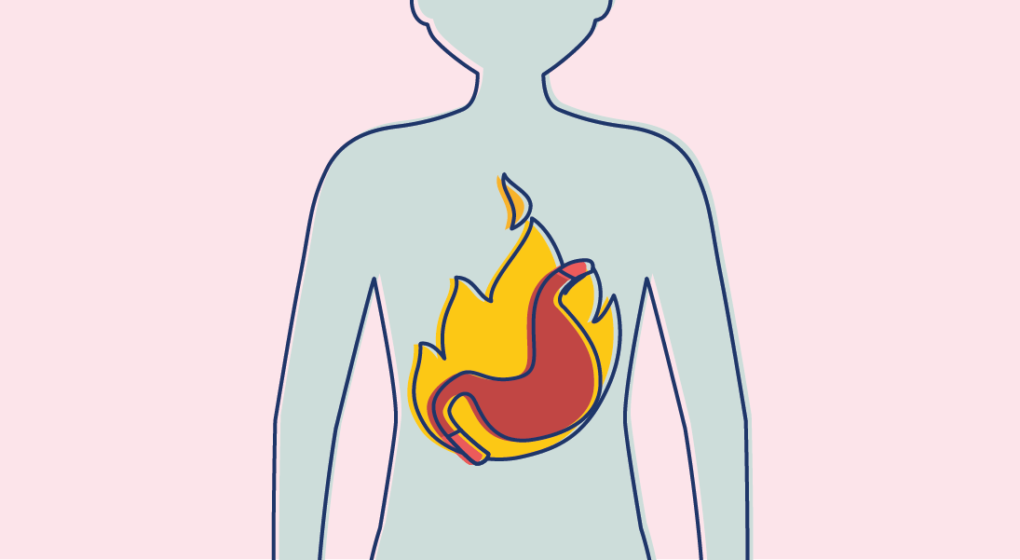
Do you suffer from heartburn?
It’s not a nice thing to experience, with burning pain working its way up your oesophagus and sometimes causing coughing or irritation in the throat too.
Interestingly, heartburn is not actually related to the heart at all. It is caused by acids escaping from the stomach and reaching up to the oesophagus – there is a sort of gate, a valve, that usually keeps it in the right place. The oesophagus isn’t built to deal with the acidity that exists in the stomach and, as a result, becomes irritated.
On the contrary, if you feel heat radiating from the heart and funny sensation on the left side of your body, you should see a doctor as soon as possible, as these are symptoms that point towards heart attack rather than heartburn.
Heartburn is very common with up to one in five adults experiencing heartburn symptoms at least once a week. Fortunately, the majority of these cases are related to diet and can be managed by making small changes to the things we eat.
How does food affect heartburn?
All foods have different properties and also have different effects on the acid in our stomach. As a result, different foods are better or worse for heartburn symptoms.
What sort of things should we be concerned about in our diet?
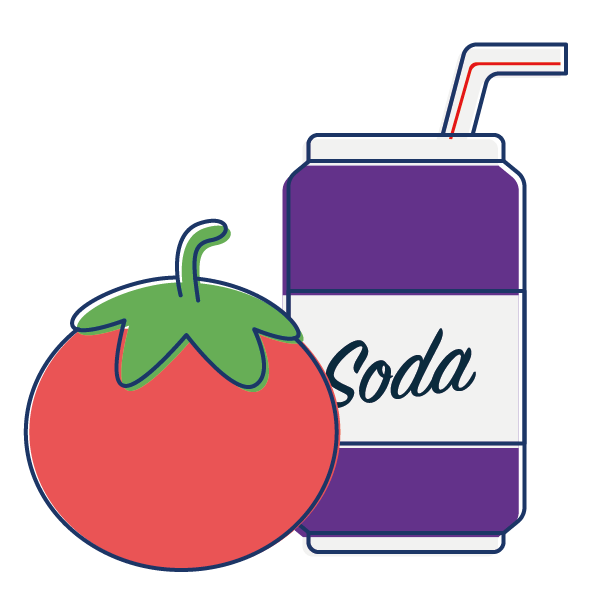 Essentially, we should try to avoid foods that are too acidic or spicy. Here’s a quick list of some of the most common problematic foods for heartburn sufferers:
Essentially, we should try to avoid foods that are too acidic or spicy. Here’s a quick list of some of the most common problematic foods for heartburn sufferers:
- Citrus fruit
- Tomato products
- Carbonated beverages
- Chilli
- Curry
- Chocolate
- Coffee
- High-fat foods
- Alcohol
Now, some people have worse heartburn symptoms than others and foods don’t affect everyone the same way. Because of this, I don’t recommend avoiding everything on that list, but rather working out what diet helps you to manage your heartburn symptoms in the best possible way.
 A great way to do this is by keeping a food diary. Write down what you eat for each meal and also record any symptoms you experience. Over a month or two, you should start to see patterns forming and which particular foods seem to have the worst effect of your heartburn symptoms.
A great way to do this is by keeping a food diary. Write down what you eat for each meal and also record any symptoms you experience. Over a month or two, you should start to see patterns forming and which particular foods seem to have the worst effect of your heartburn symptoms.
The response is easy: work towards eliminating the problematic foods from your diet and within a relatively short time period, you should be able to feel more in control of your heartburn and have a better understanding of how to manage it by what you eat.
How can Antacids help?
Antacids come into the equation when it’s too late.
You had that curry and one too many beers last night and, goodness, you can feel it now. But it’s too late to un-eat it.
Luckily, there is something you can do: turn to your good friend, the antacid.
These are literally substances that neutralise the stomach. Usually, salts like aluminium and magnesium salts are used – some brand names you might recognise that contain these are Mylanta, Gaviscon and Maalox – there’s plenty of options.
This works very well because it alleviates the main problem: too much acid in the oesophagus. If we can neutralise the acid (turn it into something less acidic, more neutral) the irritation caused by the acid will cease.
The downside is that this is purely symptomatic, which brings two other important points to the surface.
Firstly, the stomach is still generating too much acid. The effect of the antacid only goes so far (it can only neutralise a certain amount of acid) and within a short time period the relief wears off. This is the reason for the frequent dosing of antacids – every half hour as needed to relieve symptoms.
Secondly, it does nothing to prevent heartburn in the future or build up the body’s defences. It works purely to help relieve symptoms and offers nothing more.
Despite these two points, if you need immediate relief of heartburn, antacids are the best option. It is too late to change your food choices, and no other drugs provide relief as quickly as an antacid.
Beyond Diet and Antacids for Heartburn
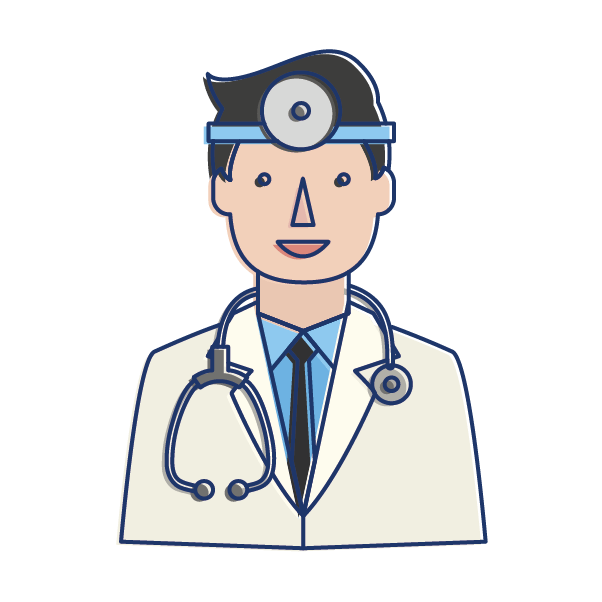 As I mentioned at the start of this post, the majority of cases – about 75% – can be controlled by paying attention to what we eat.
As I mentioned at the start of this post, the majority of cases – about 75% – can be controlled by paying attention to what we eat.
There are, however, the unlucky few that are going to experience heartburn symptoms despite any changes they make to their diet. For these people, we need to consider other solutions.
If it’s only an occasional bout of heartburn, antacids are the best bet to control the symptoms as needed.
If you get heartburn on a more frequent basis – more than once a week – it is probably time to see a doctor about further options for you. While you should continue to watch your diet and avoid problematic foods, there are other medical options that can assist in helping your body to reduce the amount of acid over the long term.
Have you experienced heartburn before? What do you find seems to help your symptoms? Let me know in the comments below.
Pin it!
